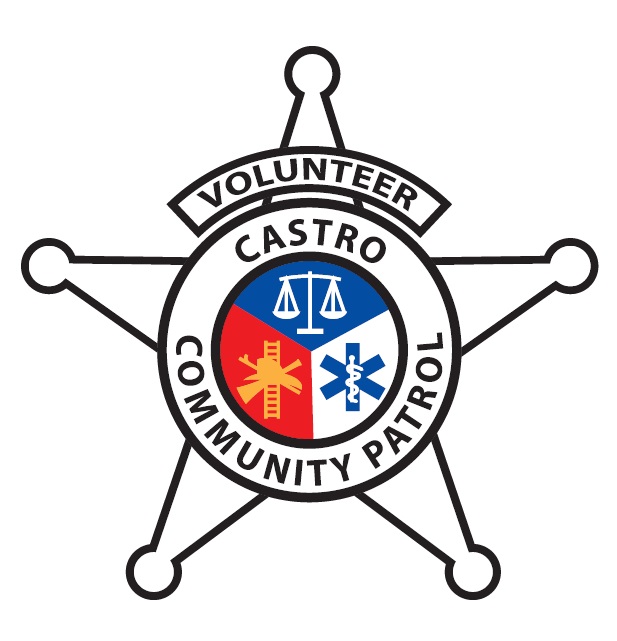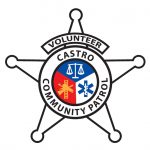The SF LGBT Community Center released San Francisco’s first ever LGBTQI Violence Prevention Needs Assessment report in collaboration with the San Francisco Human Rights Commission and Learning for Action. The report details how members of the LGBTQI community experience violence and the availability of resources.
The report emerges in a context of well publicized cases of violence, including most recently the murder of Taja Gabrielle de Jesus, two homicides in the Duboce Triangle neighborhood and increasing concerns about public safety and increasing violence within the community as a whole. Despite our city’s standing as the geographic heart of the American LGBTQI movement, we are not immune to homophobia, transphobia and other forms of discrimination that exist today.
“Historically, there has been very little data collected on our community,” said Rebecca Rolfe, Executive Director of the SF LGBT Center. “The report gives us a deeper lens on what’s actually happening and how we can effectively address it.”
“It is unfortunate that Castro Community On Patrol was not asked to participate in the formulation of this report,” said Ken Craig, Deputy Chief of CCOP. “We work directly in this area of concern and concur with many of the findings of the report. Indeed, we work daily to address and mitigate many of the concerns through our many volunteer run programs.”
Of the six violence prevention efforts recommended by the National Sexual Violence Resource Center, Castro Community On Patrol has been deploying all six efforts since our founding in 2006:
- Strengthening individual knowledge and skills; CCOP provides a wealth of safety and security information and guidance through a variety of mediums to individuals within the LGBTQI community and beyond.
- Promoting community education; CCOP promotes and provides community educational efforts through information, meetings, outreach and classes on a variety of safety and security topics throughout the year.
- Educating providers; CCOP promoted and provides information, outreach and classes to a variety of fellow non-profit and for-profit community organizations and businesses as well as interfacing with law enforcement and governmental agencies.
- Fostering coalitions and networks; CCOP has established many safety coalitions and networks among many different groups in order to foster information exchange and understanding. Our significant involvement in the Stop The Violence project and the Castro Business Watch program are two high profile examples among many others.
- Changing organizational practices; CCOP has, and remains, open and eager to make organizational, policy, and procedure changes as required to ensure we meet our mission of being an equal opportunity volunteer run organization.
- Influencing policies and legislation: CCOP is active and successful in influencing policy and legislation at the neighborhood, city government, State and National level though our many collaborative and liaison interactions. These include our participation in the SF District Attorneys LGBT Steering Committee, the SFPD Chief’s LGBT Community Advisory Forum and our close relationships with City Supervisors and State legislatures.
“CCOP remains committed to making our communities a safer and more secure place to live, work and play for everyone,” continued Craig. “We strongly encourage everyone to volunteer with us, either in an active patrolling role or as a supporting volunteer.”


